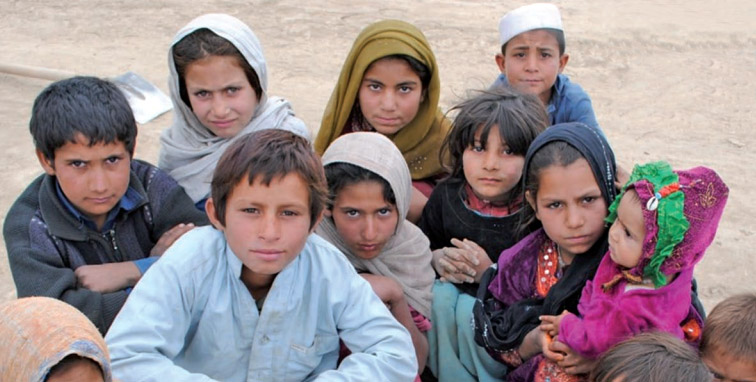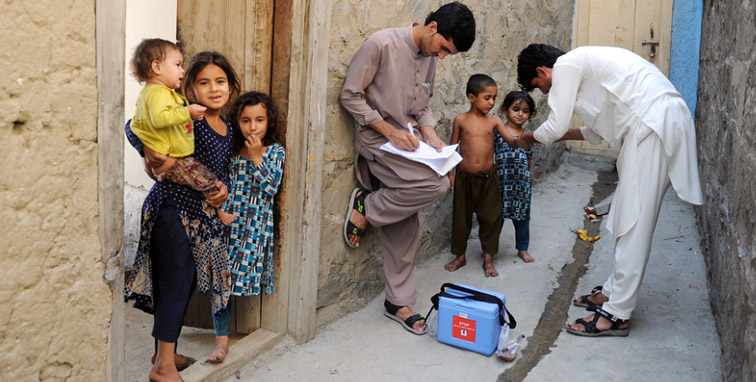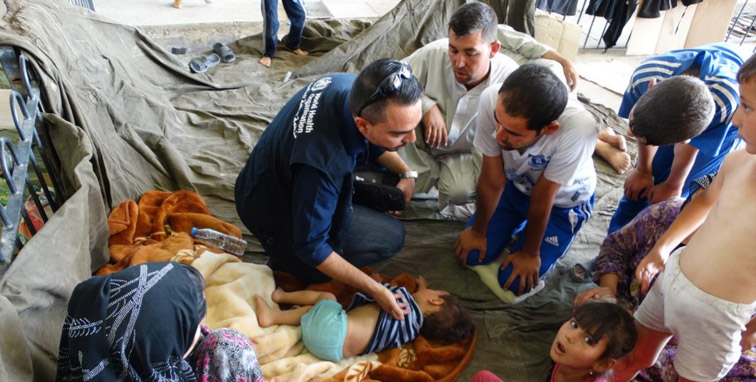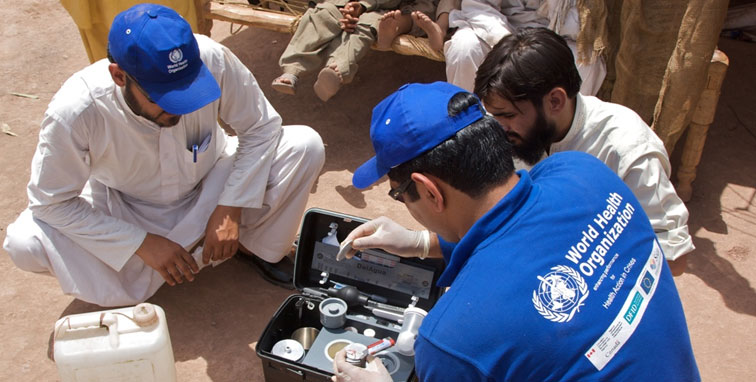Universal health coverage:
everyone, everywhere
- Universal health coverage
-

Universal health coverage (UHC) is about ensuring that all people can access quality health services, where and when they need them, without suffering financial hardship.
Moving towards UHC is indispensable for promoting “health as a human right” and enhancing socioeconomic development.
All countries will approach UHC in different ways, there is no one size fits all. All countries can do something to make progress towards UHC.
No one should have to choose between good health and life’s necessities.
UHC is ultimately a political choice. It is the responsibility of every country and national government to pursue it.
A multisectoral approach is critical for achieving UHC.
UHC is a long-term goal and requires sustained political commitment.
UHC creates a healthier and more equitable world for all people: when people are healthy, their families, communities and countries thrive.
UHC is an investment in human capital and a foundational driver of inclusive and sustainable economic growth and development.
The advance towards UHC is progressive and places vulnerable and marginalized populations at the centre of the global commitment to “leave no one behind”.
UHC agenda is long term and requires sustained political commitment and effective participation of the state and non-state health actors.
Advancing towards UHC is key to national development and security.
UHC drives countries towards health governance reforms to promote accountability and responsiveness in the health sector.
UHC drives countries towards health governance reforms to promote accountability and responsiveness in the health sector.
Every year, almost 100 million people are pushed into extreme poverty, forced to survive on just US$ 1.90 or less a day, because they have to pay for health services out of their own pockets.
More than half of the countries in the Region are yet to develop health strategies to achieve UHC.
-
- Financial protection
-

Universal coverage of health services is inextricably linked to how health systems are financed. If poor people are required to pay on the spot when they need care, they’re unable to obtain the health services they need.
High out-of-pocket payments prevent people from accessing services. Increased prepayment and pooling is a viable solution.
Over 800 million people (close to 12% of the world’s population) spend at least 10% of their household budget on health for themselves, a sick child or other family member. They incur so-called “catastrophic expenditures”.
The Region is a low investor in health representing only 2% of global health spending for almost 9% of the world’s population – with huge disparities between and within countries.
In the Eastern Mediterranean Region, around 40% of health expenditure comes directly from people’s pockets; many of whom cannot afford it.
Out-of-pocket payment perpetuates inequality and poverty, and prevents people from accessing the services they need.
In the Eastern Mediterranean Region, around 55.5 million individuals face financial hardship and around 7.7 million are pushed into poverty every year because of excessive out-of-pocket payment.
-
- Population and service coverage
-

Reaching out to the poor and to the informal sector should be at the heart of any strategy towards UHC.
At least half of the world’s people is currently unable to obtain needed essential health services.
UHC builds on and is fully aligned with the values and principles of primary health care.
A strong primary health care platform with integrated community engagement within the health system is the backbone of UHC.
It is important to note that UHC focuses on all types of health services – not just treatment. Promotion, prevention, treatment, rehabilitation and palliative care are also key components.
UHC must address priority health problems through integrated, people-centred service delivery.
Engagement with the private sector in many countries is critical for progress towards UHC.
Social determinants of health play a role. Social exclusion, poverty, and a lack of education opportunities all contribute not only to poor health, but also impose barriers to people obtaining the services they need even when services are available.
In the Region, about 70% of outpatient services are provided by the private sector.
On average, 42% of selected generic medicines are available in the public sector of low- and middle-income countries of the Region.
-
- UHC and emergencies
-

UHC has special relevance to people living in countries with acute and prolonged emergency situations.
Strengthening health systems is the best way to safeguard against health crises.
Risk reduction and emergency preparedness efforts at the community level safeguard against the collapse of UHC at the onset of a major emergency.
Today, almost two thirds of countries in the Region are directly or indirectly affected by emergencies, including four countries (out of a total of six globally) graded by WHO and the United Nations as Grade 3 experiencing “major” emergencies – Iraq, Somalia, Syria and Yemen.
Half of the world’s internally displaced populations are living in countries of the Region and more than 60% of the world’s refugees and migrants originate from the Region.
At least 12 of the 22 countries of the Region have experienced one or more emerging infectious disease outbreaks in the last decade with potential for global spread.
-
- UHC and health systems
-

Progressing towards UHC requires a country to have a strong, efficient, well-staffed and affordable health system accessible to all.
Health systems strengthening – enhancing financing but also strengthening governance, the organization of the health care workforce, improving service delivery, enhancing health information systems and ensuring provision of medicines and other health products – is central to progressing towards UHC.
UHC requires action to strengthen health systems, including human resources, infrastructure, medicines, information, governance, service delivery and financing.
Lack of clear policies, weak regulatory oversight, limited public awareness, and improper management of medical products compromises countries’ ability to achieve UHC.
WHO has identified moving toward UHC as the cross cutting theme for its work with countries to promote equitable and efficient health systems.
In order to achieve UHC, we need to ensure health workers are safe when delivering care but 83% of all attacks globally against health workers and facilities in 2016 took place in the Region.
UHC cannot be achieved without a sufficient number of health workers, yet one third of countries in the Region face a critical shortage.
While over 90% of medical products are imported in the Region, it is estimated that 30–50% of medical products are wasted through irrational use.
-








